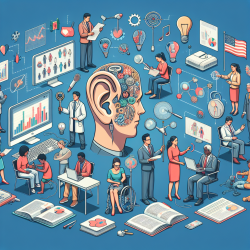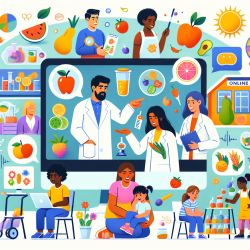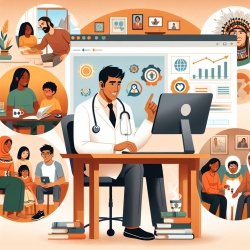The Human Phenotype Ontology (HPO) is a comprehensive framework that offers a structured vocabulary of phenotypic abnormalities associated with human diseases. Initially focused on rare diseases, HPO has expanded its scope to include common diseases, providing a rich resource for clinical diagnostics and research.
The Power of Semantic Unification
The recent advancements in HPO have enabled the semantic unification of common and rare diseases. This integration allows practitioners to explore phenotypic overlaps and genetic correlations across a wide spectrum of diseases. By doing so, it enhances our understanding of disease mechanisms and aids in the development of more precise diagnostic tools.
Implementing HPO in Clinical Practice
- Differential Diagnostics: Use HPO to refine differential diagnoses by identifying phenotypic patterns shared among various diseases. This can lead to more accurate and timely diagnoses.
- Genetic Research: Leverage HPO's extensive database for phenotype-driven analysis of genomic data. This can facilitate the identification of disease-associated genes and potential therapeutic targets.
- Translational Research: Utilize HPO for translational research projects aimed at discovering novel drug indications or understanding complex disease pathways.
Encouraging Further Research
The expansion of HPO to include common diseases opens new avenues for research. Practitioners are encouraged to explore these opportunities by engaging with the data available through HPO. By doing so, they can contribute to the ongoing efforts to improve patient care through personalized medicine.
Overcoming Challenges with HPO
While HPO provides a robust framework for phenotypic analysis, practitioners may encounter challenges such as data interpretation and integration into existing clinical workflows. Continuous learning through workshops, webinars, and collaboration with geneticists can help overcome these hurdles.
The Future of HPO in Medicine
As HPO continues to evolve, it is poised to play a pivotal role in the future of medicine. Its ability to unify diverse phenotypic data across diseases makes it an invaluable tool for advancing our understanding of human health and disease.
To read the original research paper, please follow this link: The Human Phenotype Ontology: Semantic Unification of Common and Rare Disease.










